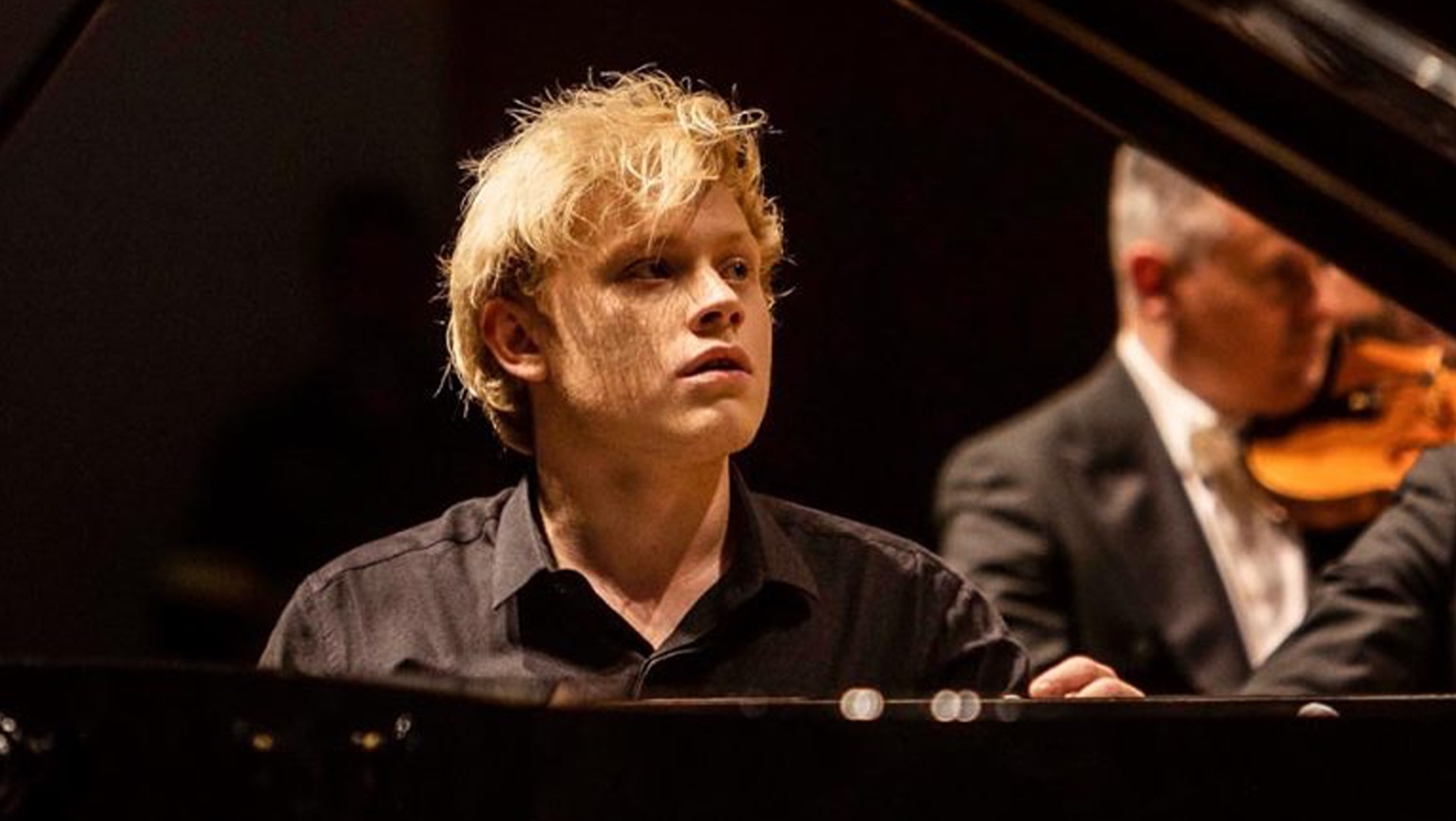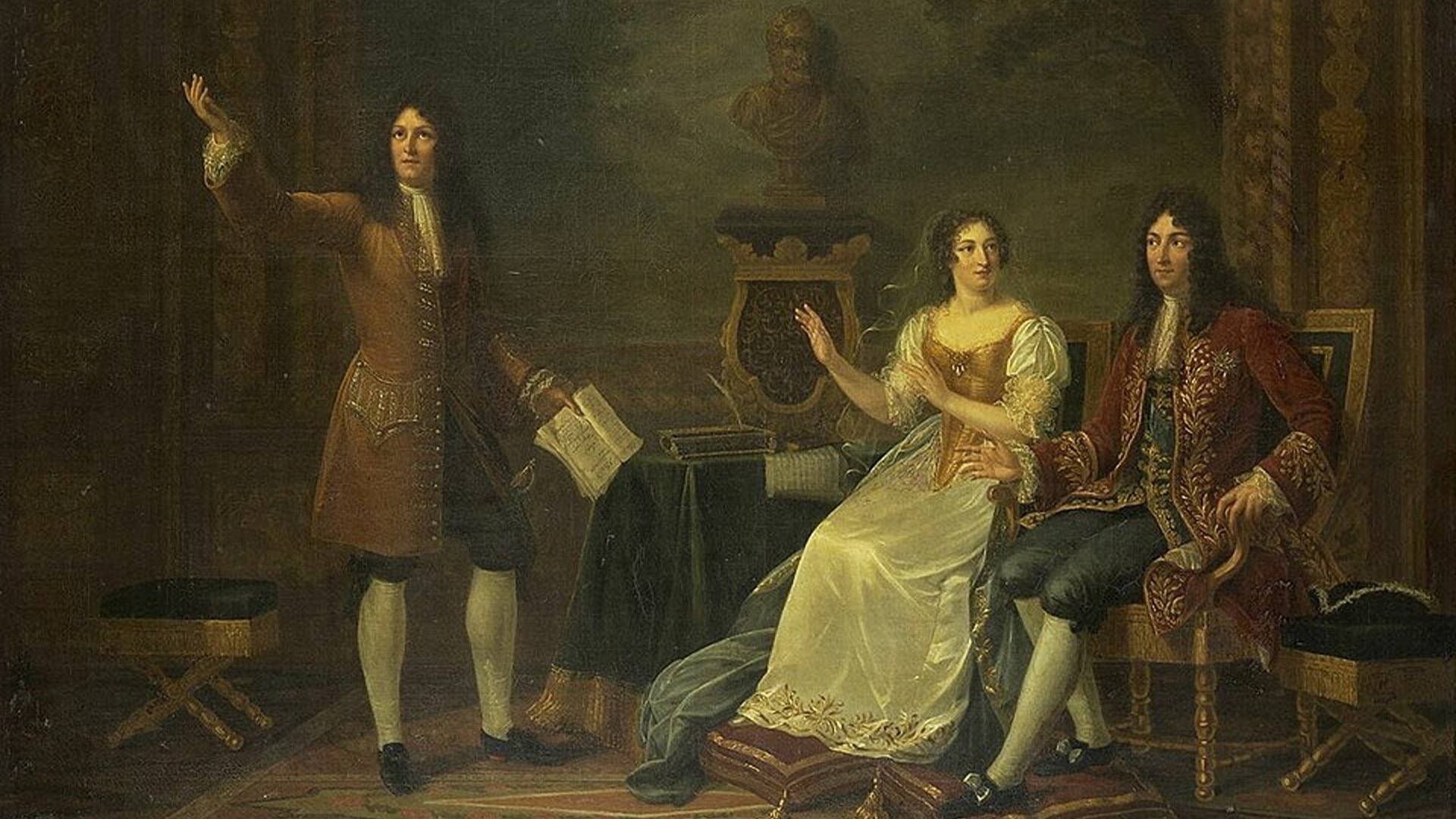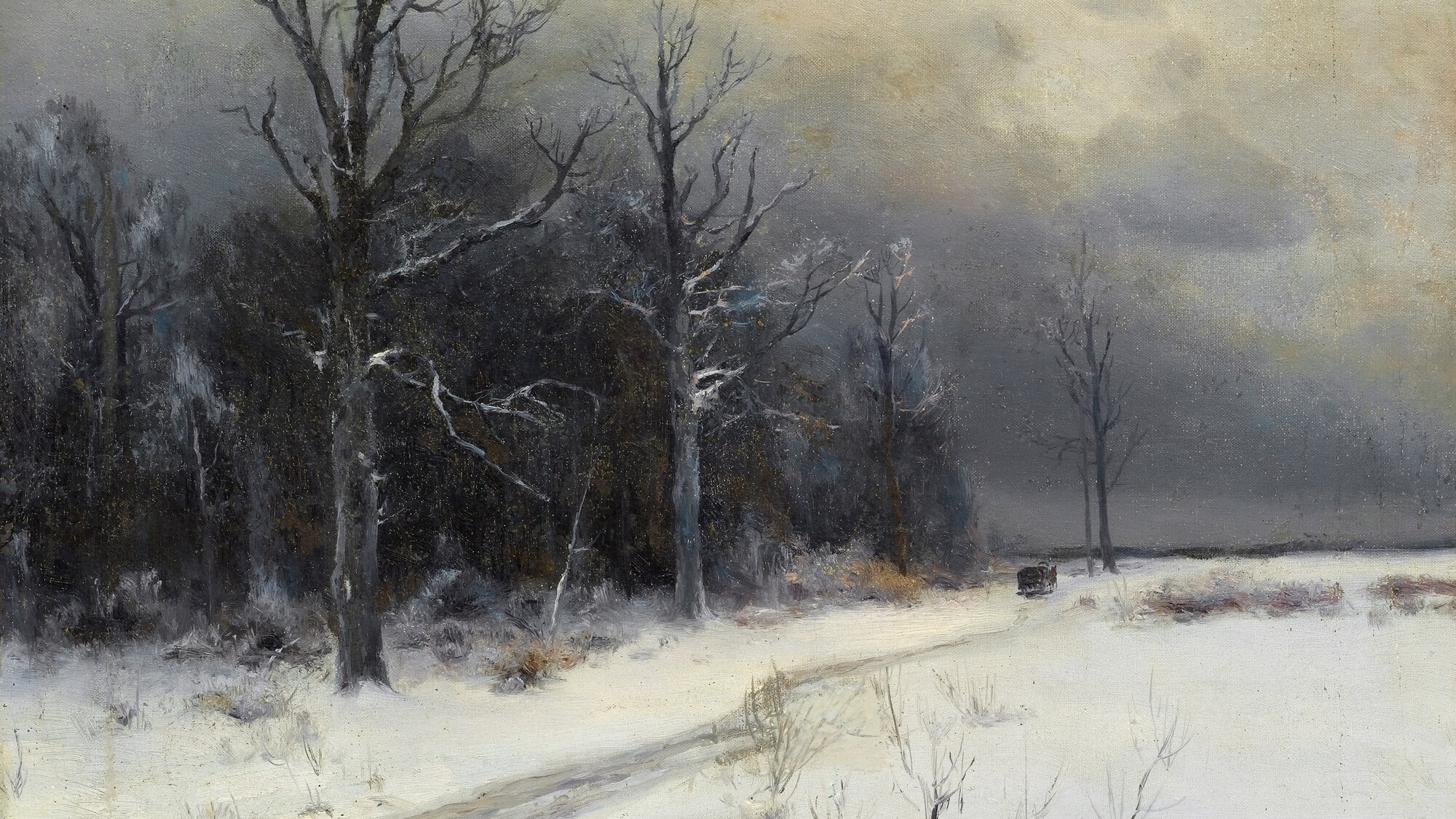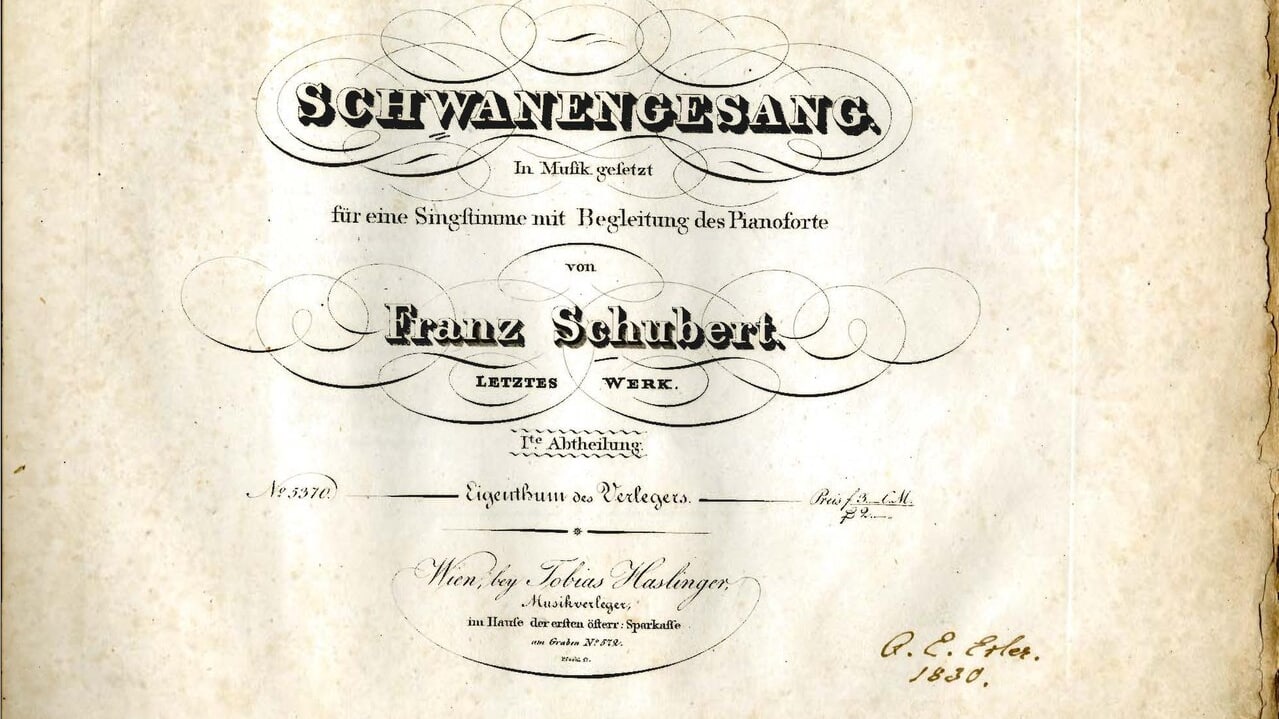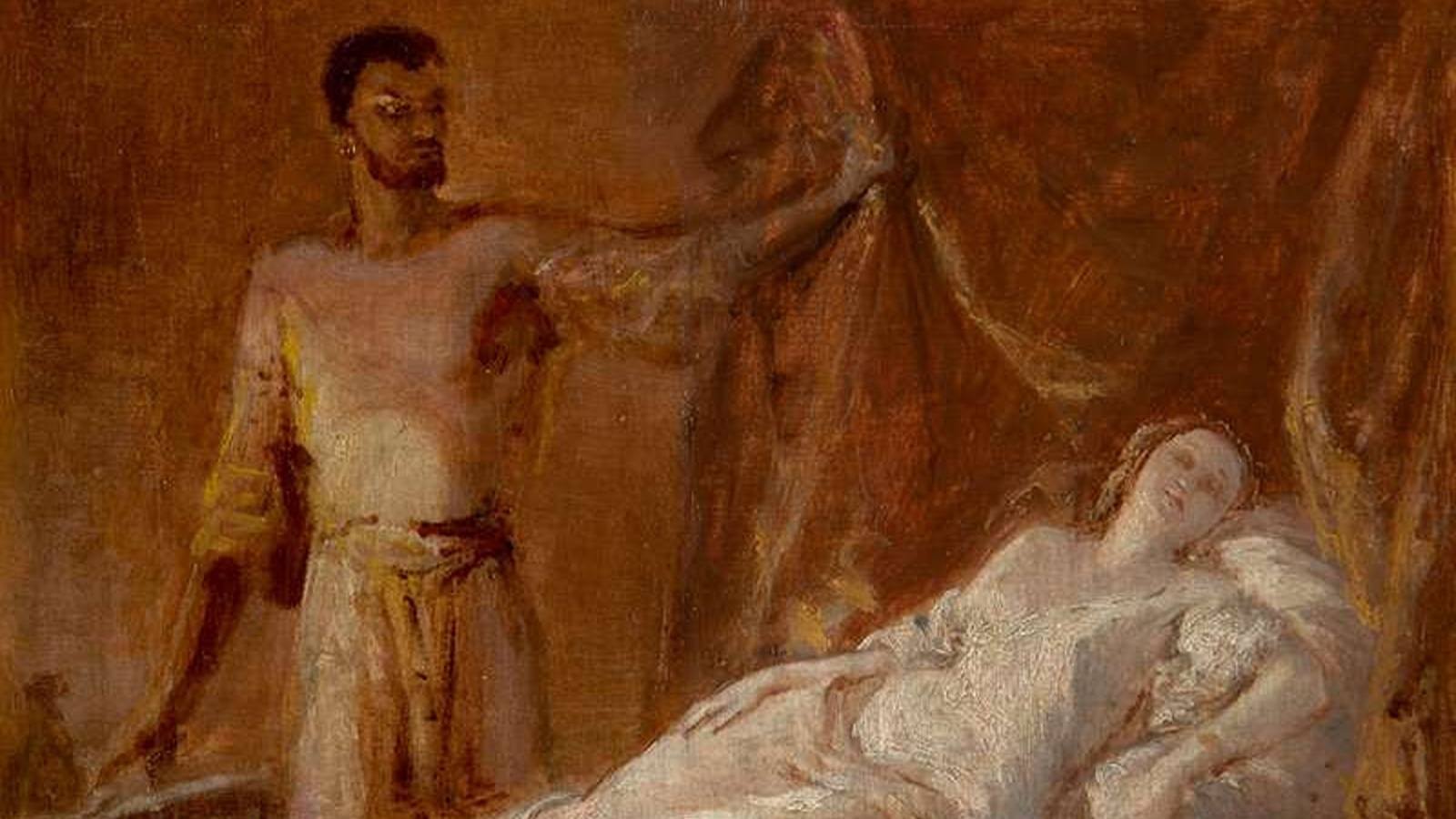Bernstein on Schumann: An Analysis of the Second Symphony
Through the years, conductors have tampered with the works of Robert Schumann, occasionally doubling instruments. Schumann’s works can be taxing for the orchestra, and some commentators cite weaknesses in the orchestration. In a 1953 analysis of Schumann’s Symphony No. 2 in C Major, Op. 61, Leonard Bernstein shatters this myth. He suggests that Schumann’s orchestration is, in fact, innovative. For example, there is the magical introduction in which the strings (traditionally at …


